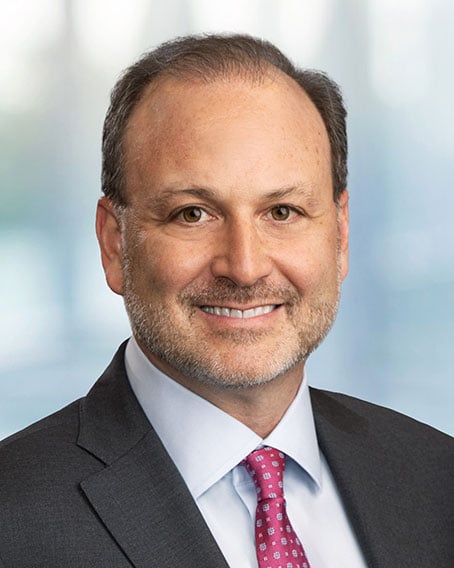Speakers:
At first glance, this recent Supreme Court decision appears to have closed the door on the preemption defense in pharmaceutical product liability actions. Yet, while the 6-3 decision will allow many plaintiffs to pursue claims for alleged "failure to warn" in FDA-approved product labeling, it does not close the door entirely on the preemption defense. The decision will, however, significantly impact a wide range of pharmaceutical manufacturers' ongoing activities and obligations, including adverse event reporting, drug labeling, patient education, post-marketing surveillance and other aspects of risk management.
In this teleconference, we will discuss the Wyeth v. Levine decision in depth, focusing on the immediate and long-term effects on company regulatory processes. Underscoring the importance of proactive interactions with the FDA, among others, and taking into account the FDA's increased authority over drug safety, labeling and risk minimization issues, we will analyze avenues available to the industry for maximizing the likelihood of success in asserting a preemption defense. In addition, we will discuss ways of reducing potential product liability exposure even where preemption is unavailable.
We will also consider the future of preemption in the context of the Riegel v. Medtronic case, which upheld the preemption defense in the context of medical devices, as well as the anticipated efforts by some in Congress to legislatively override that decision.
In this teleconference, we will discuss the Wyeth v. Levine decision in depth, focusing on the immediate and long-term effects on company regulatory processes. Underscoring the importance of proactive interactions with the FDA, among others, and taking into account the FDA's increased authority over drug safety, labeling and risk minimization issues, we will analyze avenues available to the industry for maximizing the likelihood of success in asserting a preemption defense. In addition, we will discuss ways of reducing potential product liability exposure even where preemption is unavailable.
We will also consider the future of preemption in the context of the Riegel v. Medtronic case, which upheld the preemption defense in the context of medical devices, as well as the anticipated efforts by some in Congress to legislatively override that decision.
Stay Up To Date with Ropes & Gray
Subscribe to Our Podcast
Ropes & Gray attorneys provide timely analysis on legal developments, court decisions and changes in legislation and regulations.
Follow Us on Social
Stay in the loop with all things Ropes & Gray, and find out more about our people, culture, initiatives and everything that’s happening.
Join Our Mailing List
We regularly notify our clients and contacts of significant legal developments, news, webinars and teleconferences that affect their industries.


